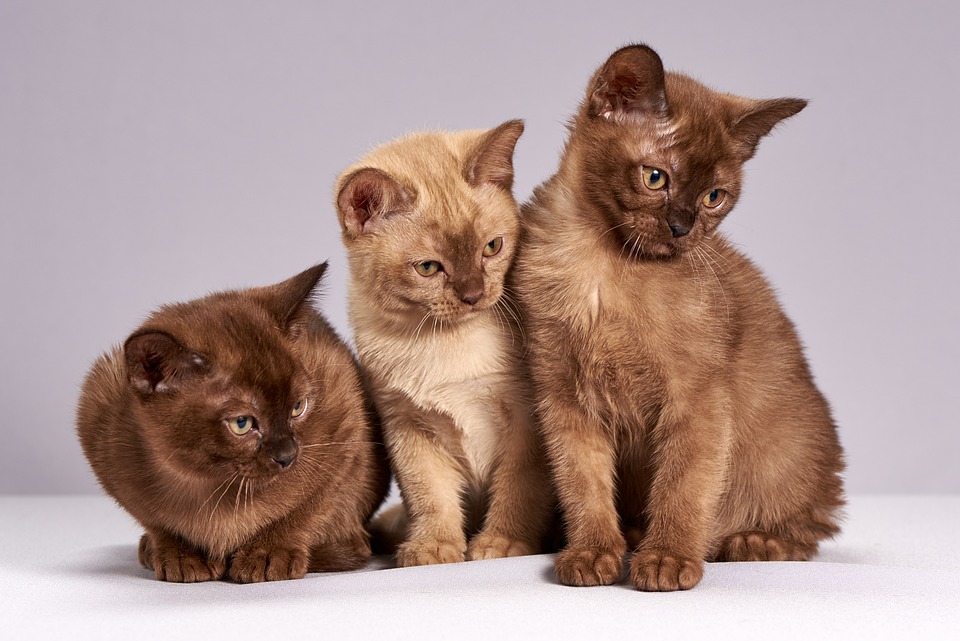Recognizing and addressing gastrointestinal distress in cats is crucial for their overall health and well-being. Gastrointestinal issues can range from mild discomfort to severe conditions that require immediate veterinary attention. This article provides valuable insights and practical tips on how to recognize and address gastrointestinal distress in cats, along with answering common FAQs on the topic.
Gastrointestinal distress refers to any abnormality or discomfort affecting the digestive system in cats. It can be caused by various factors, such as dietary changes, food allergies, infections, parasites, or underlying medical conditions. Recognizing the signs early on is important for timely intervention and ensuring your cat’s well-being.
Common signs and symptoms of gastrointestinal distress in cats include vomiting, diarrhea, loss of appetite, weight loss, and abdominal pain. Frequent or persistent vomiting, loose or watery stools with blood or mucus, sudden decrease in food consumption or refusal to eat, unexplained weight loss, and signs of discomfort or pain in the abdomen are all indicators of gastrointestinal issues.
When it comes to addressing gastrointestinal distress in cats, it is crucial to consult a veterinarian. A veterinarian will conduct a thorough examination, potentially including blood work, stool analysis, or imaging, to identify the underlying cause. Depending on the diagnosis, dietary adjustments, probiotics and digestive enzymes, medication and treatment, and stress management techniques may be recommended.
Dietary changes can often help alleviate gastrointestinal distress. Your veterinarian may recommend a specialized diet or prescribe hypoallergenic food to identify and eliminate potential allergens. Adding probiotics and digestive enzymes to your cat’s diet can aid in promoting a healthy gut flora and improving digestion.
In some cases, medication such as antiemetics, antibiotics, or anti-inflammatory drugs may be prescribed by a veterinarian to address gastrointestinal distress. It is important to always follow the prescribed dosage and duration.
Stress management is also important in addressing gastrointestinal issues in cats. Creating a calm and comfortable environment for your cat, providing ample opportunities for rest, play, and mental stimulation, can help minimize stress and improve their overall well-being.
Here are some frequently asked questions related to recognizing and addressing gastrointestinal distress in cats:
1. Can I give my cat over-the-counter medication for gastrointestinal distress?
It is strongly advised against administering any medication without veterinary guidance. Over-the-counter drugs may be harmful to cats and can worsen their condition.
2. How can I prevent gastrointestinal distress in my cat?
Maintaining a consistent and balanced diet, regular vet check-ups, and avoiding sudden dietary changes can help prevent gastrointestinal distress. Additionally, minimizing stress and providing a clean litter box can contribute to your cat’s overall well-being.
3. Is it normal for a cat to vomit occasionally?
Occasional vomiting can be normal for cats, especially if they have ingested hairballs or minor irritants. However, frequent or persistent vomiting should be evaluated by a veterinarian.
4. Can food allergies cause gastrointestinal distress in cats?
Yes, food allergies can lead to gastrointestinal distress in cats. Identifying and eliminating the allergen from your cat’s diet is crucial in managing this condition.
5. When should I seek emergency veterinary care for my cat’s gastrointestinal distress?
If your cat is experiencing severe vomiting, diarrhea with blood, intense abdominal pain, or signs of dehydration (such as excessive lethargy or refusing water), it is essential to seek immediate veterinary care.
Remember, understanding and addressing gastrointestinal distress in cats requires professional expertise. Always consult your veterinarian for accurate diagnosis and appropriate treatment options. By being vigilant and proactive, you can ensure your cat’s digestive health and overall well-being.








